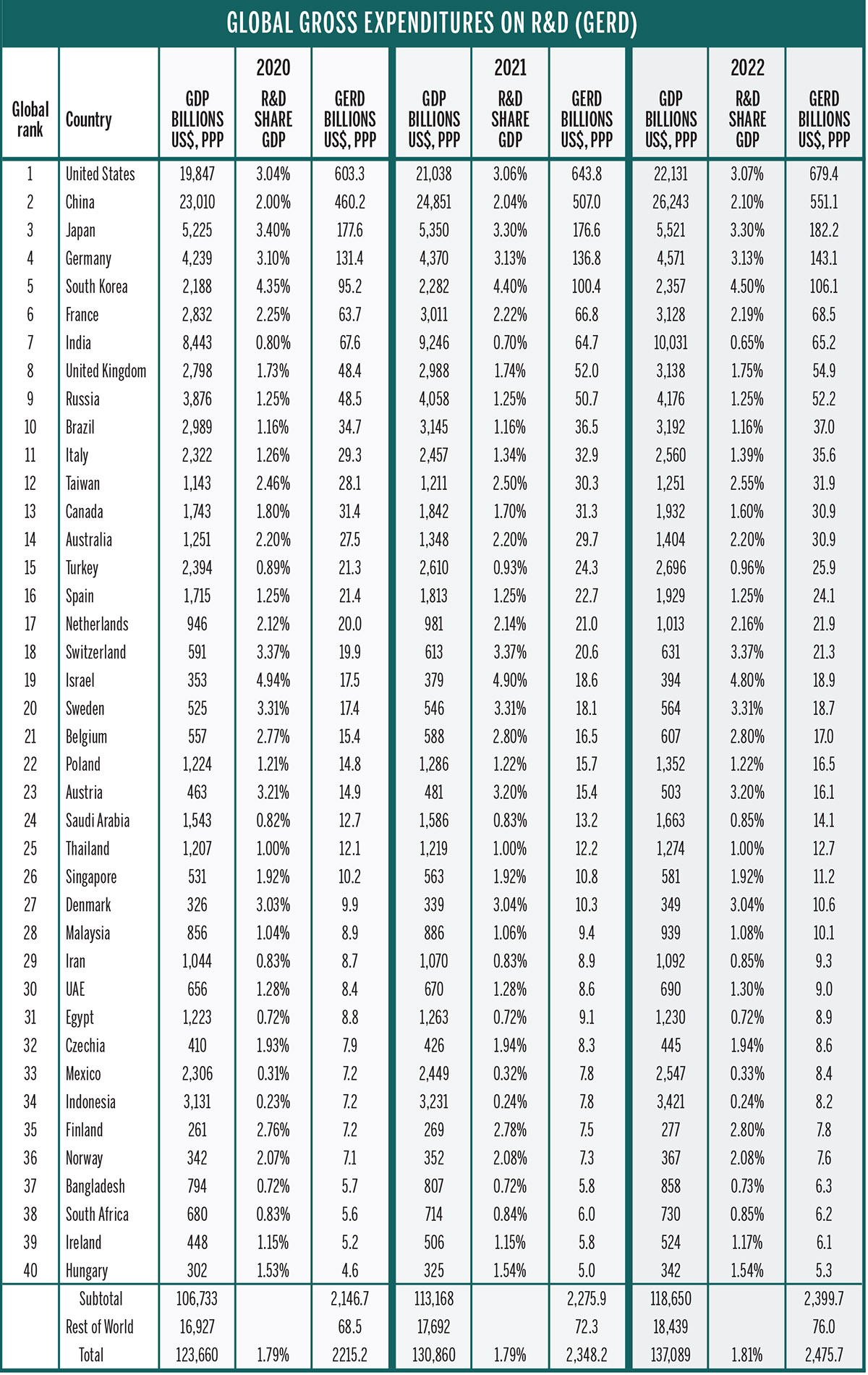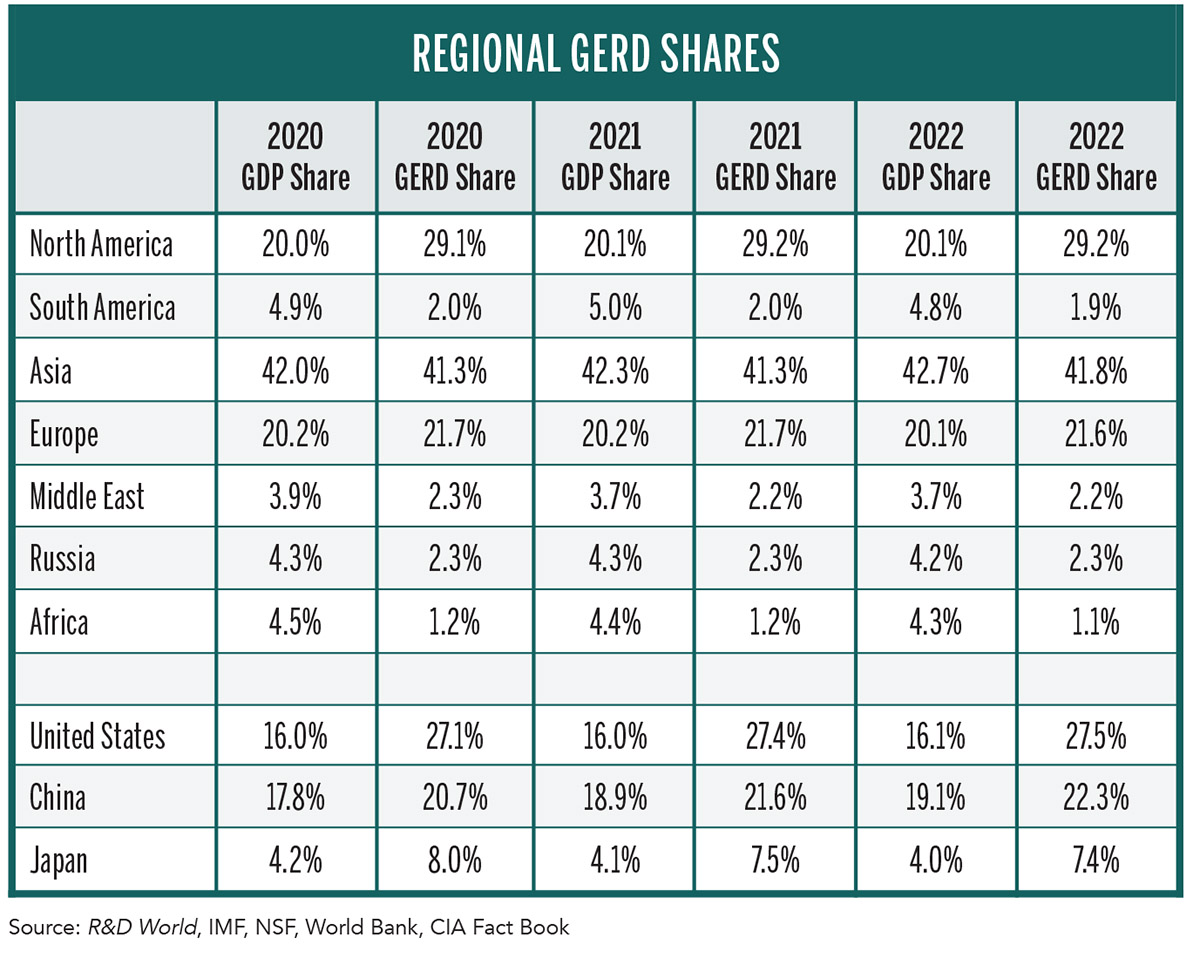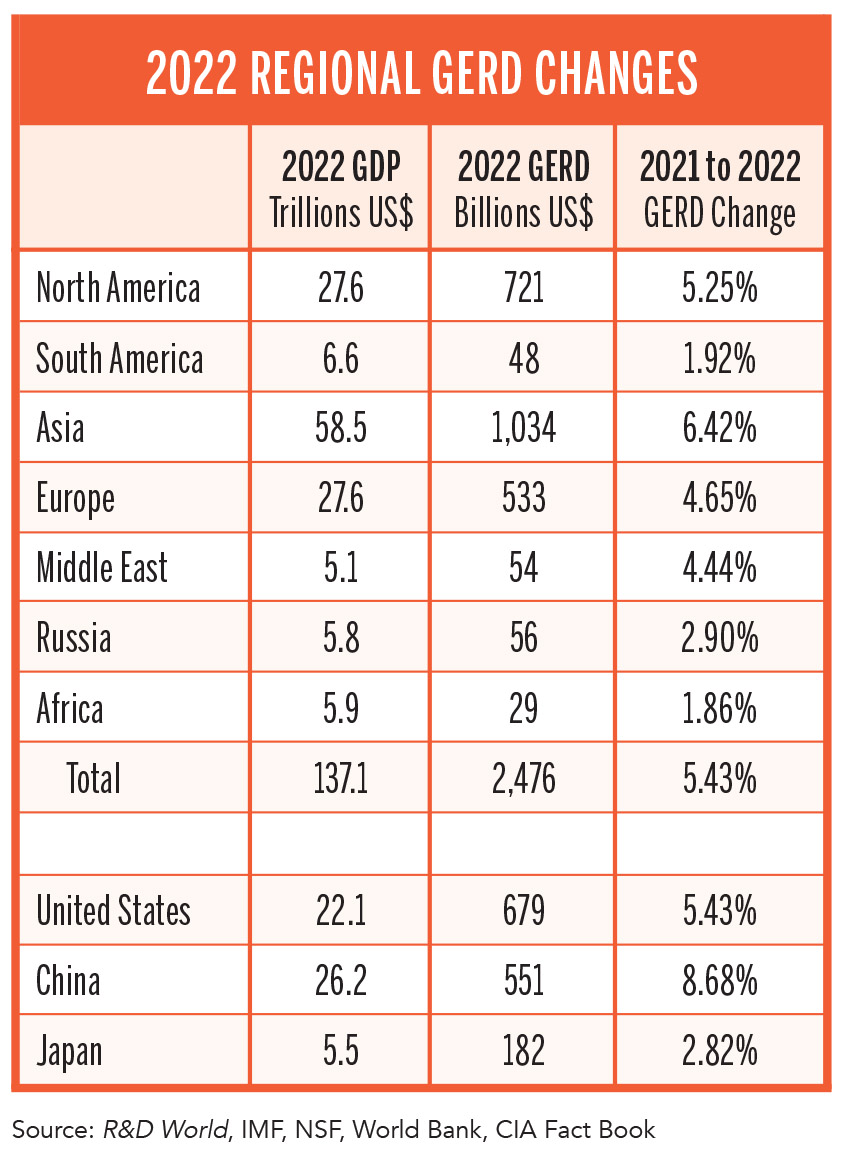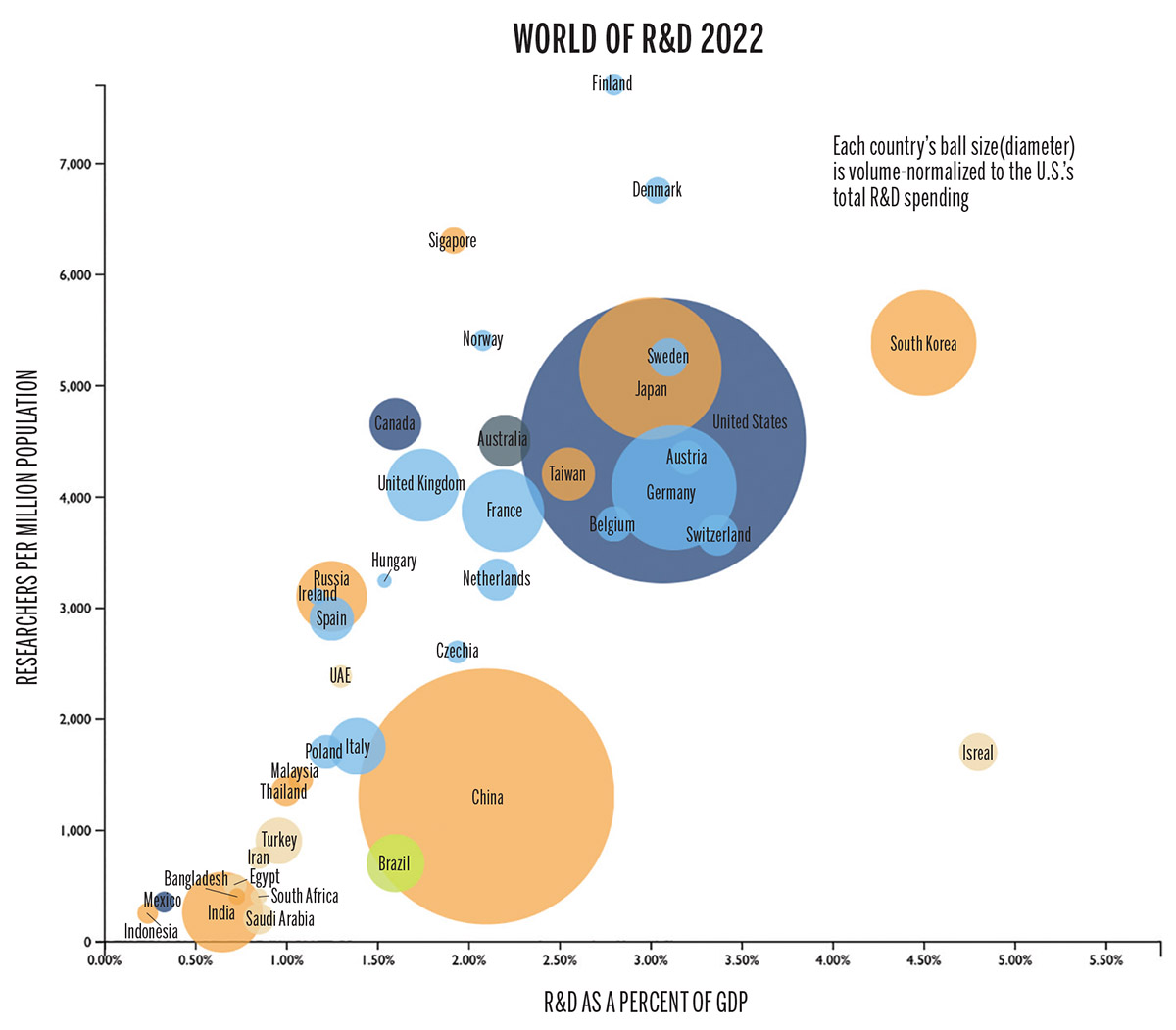Here are my thoughts on soft power and hard power, why both of them are important, and how they overlap and feed into each other.
First, some definitions:
Hard power is anything that improves China's capabilities.
Soft power is anything that improves people's perceptions of China.
Let us start with military power. This, of course, is the classic example of hard power. Not only does it allow a country to defend itself, bully other countries, intimidate other countries, or lay claim to a piece of territory that's in dispute, it also allows them to export military equipment, which not only strengthens its allies, but causes money to flow into the country. However, even the military has soft power implications. Because there is such a thing as fanboys of military equipment. A powerful military will also create a sense of awe in people from other countries. Look at when the United States was at its peak power relative to other countries in the 1990s, when they crushed Iraq in the Gulph War and were flying around stealth bombers when no other country had anything even close to that feat of technology and engineering. America was #1 and everyone knew it.
What about high speed rail? This has significant hard power implications because it improves China's transport capabilities, facilitates economic activity, and the high speed rail itself is technological advancement. But it also has soft power implications when people see how China went from zero high speed rail in 2008 to an entire, comprehensive network spanning the entire country. People are impressed by this and in awe at the efficiency of the Chinese government, in contrast to their own incompetent government that has wasted billions of dollars on the California high speed rail project since 2008 with absolutely nothing to show for it. People will be more likely to want to visit China as a tourist if they know they can get around the country easily by taking high speed rail. People also respect that China is doing its part to reduce emissions by building all this rail.
What about the automotive industry? A robust automotive industry is hard power because it's technological advancement and generates significant amounts of revenue. But it's also soft power due to the prestige of being a country known for building high-quality automobiles; just look at how people use the phrase "German engineering" and consider the purchase of a Mercedes Benz or BMW as the ultimate piece of prestige. This then feeds back into hard power as people will pay whatever it takes to buy a German product, allowing more money to flow into the country's coffers, which pays for more technological advancement.
What about cultural products? I'll use Genshin Impact as an example since it's the hottest Chinese cultural export right now. People think of things like this as mainly soft power. And it's true; Genshin Impact integrates visuals and music showcasing Chinese culture and when people see how beautifully it's done, it improves their perception of China. Even if the game didn't have any Chinese cultural elements, people would respect the country for creating a piece of art that they enjoy, just as how people fanboy over Japan because they are obsessed with its video games and anime. This game has definitely changed people's perceptions of China who had no idea they were capable of making such a thing; they thought it was just a cold, bleak country where everybody works in a factory and nothing of artistic merit is ever done. However, the game also has hard power implications to the extent that some people spend a huge amount of money on this game. That money flows into Mihoyo's bank account, which is taxed by the Chinese government, which they can then use to build infrastructure, buy jet fighters, whatever they want. A robust video game industry also facilitates technological advancement with the development of 3D graphics, animation, etc. and as Chinese video games/shows/music become higher in demand, this creates more soft power, and more money flows into the country, allowing them to improve their capabilities even more, which allows them to create more soft power, and on and on it goes.
So both are important and both feed into each other. There's no need to separate the two and say one is the only thing that's important when they are inextricably linked.
First, some definitions:
Hard power is anything that improves China's capabilities.
Soft power is anything that improves people's perceptions of China.
Let us start with military power. This, of course, is the classic example of hard power. Not only does it allow a country to defend itself, bully other countries, intimidate other countries, or lay claim to a piece of territory that's in dispute, it also allows them to export military equipment, which not only strengthens its allies, but causes money to flow into the country. However, even the military has soft power implications. Because there is such a thing as fanboys of military equipment. A powerful military will also create a sense of awe in people from other countries. Look at when the United States was at its peak power relative to other countries in the 1990s, when they crushed Iraq in the Gulph War and were flying around stealth bombers when no other country had anything even close to that feat of technology and engineering. America was #1 and everyone knew it.
What about high speed rail? This has significant hard power implications because it improves China's transport capabilities, facilitates economic activity, and the high speed rail itself is technological advancement. But it also has soft power implications when people see how China went from zero high speed rail in 2008 to an entire, comprehensive network spanning the entire country. People are impressed by this and in awe at the efficiency of the Chinese government, in contrast to their own incompetent government that has wasted billions of dollars on the California high speed rail project since 2008 with absolutely nothing to show for it. People will be more likely to want to visit China as a tourist if they know they can get around the country easily by taking high speed rail. People also respect that China is doing its part to reduce emissions by building all this rail.
What about the automotive industry? A robust automotive industry is hard power because it's technological advancement and generates significant amounts of revenue. But it's also soft power due to the prestige of being a country known for building high-quality automobiles; just look at how people use the phrase "German engineering" and consider the purchase of a Mercedes Benz or BMW as the ultimate piece of prestige. This then feeds back into hard power as people will pay whatever it takes to buy a German product, allowing more money to flow into the country's coffers, which pays for more technological advancement.
What about cultural products? I'll use Genshin Impact as an example since it's the hottest Chinese cultural export right now. People think of things like this as mainly soft power. And it's true; Genshin Impact integrates visuals and music showcasing Chinese culture and when people see how beautifully it's done, it improves their perception of China. Even if the game didn't have any Chinese cultural elements, people would respect the country for creating a piece of art that they enjoy, just as how people fanboy over Japan because they are obsessed with its video games and anime. This game has definitely changed people's perceptions of China who had no idea they were capable of making such a thing; they thought it was just a cold, bleak country where everybody works in a factory and nothing of artistic merit is ever done. However, the game also has hard power implications to the extent that some people spend a huge amount of money on this game. That money flows into Mihoyo's bank account, which is taxed by the Chinese government, which they can then use to build infrastructure, buy jet fighters, whatever they want. A robust video game industry also facilitates technological advancement with the development of 3D graphics, animation, etc. and as Chinese video games/shows/music become higher in demand, this creates more soft power, and more money flows into the country, allowing them to improve their capabilities even more, which allows them to create more soft power, and on and on it goes.
So both are important and both feed into each other. There's no need to separate the two and say one is the only thing that's important when they are inextricably linked.




